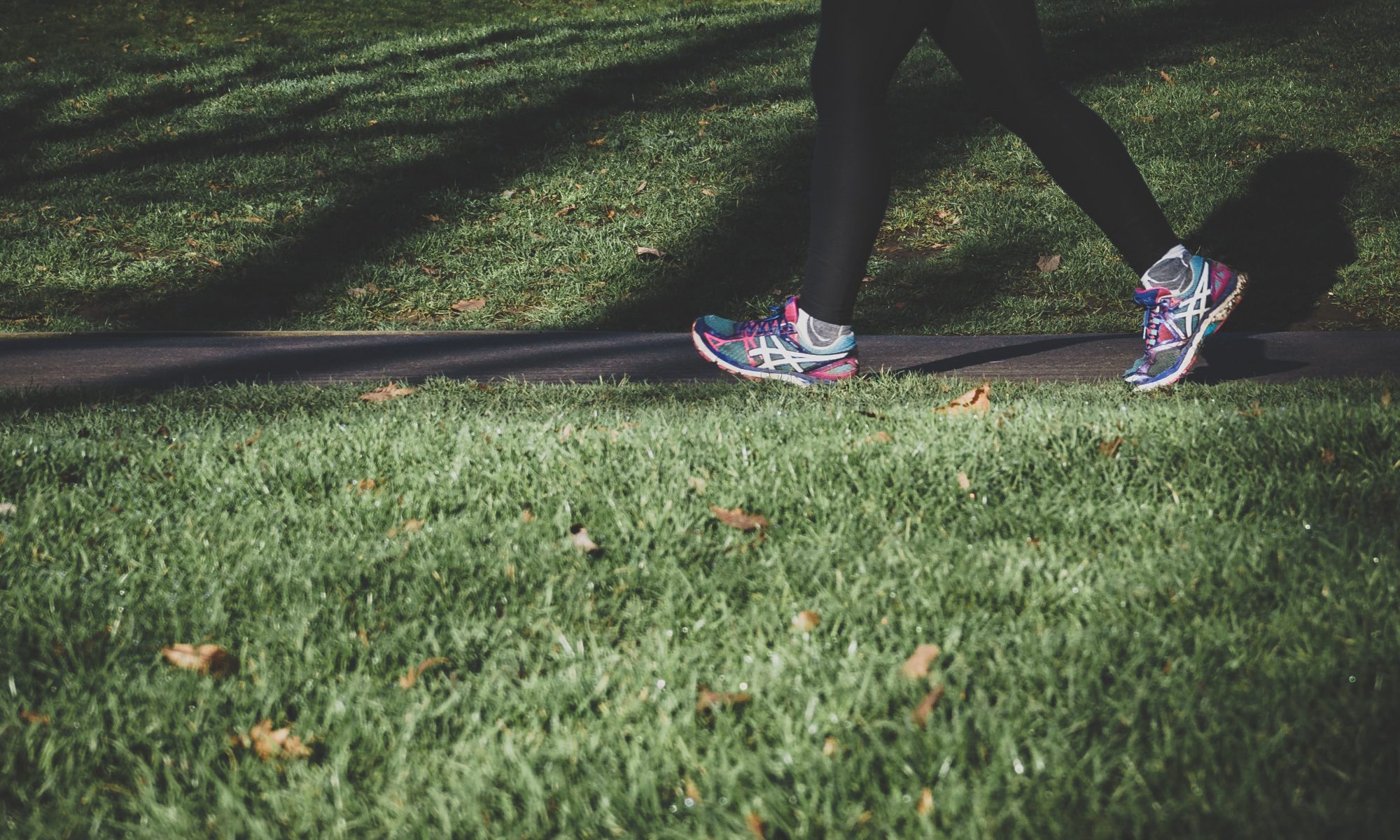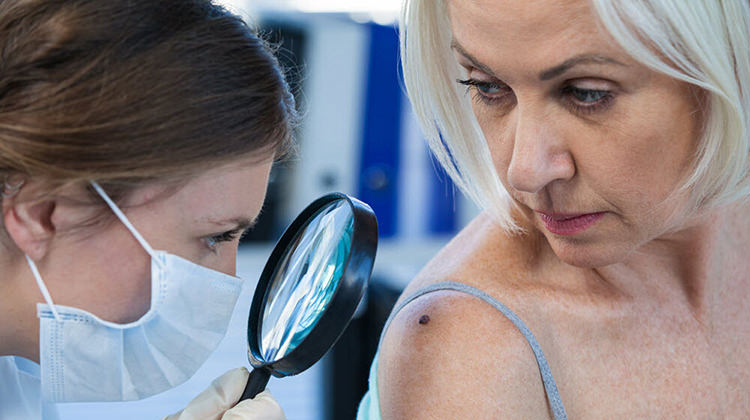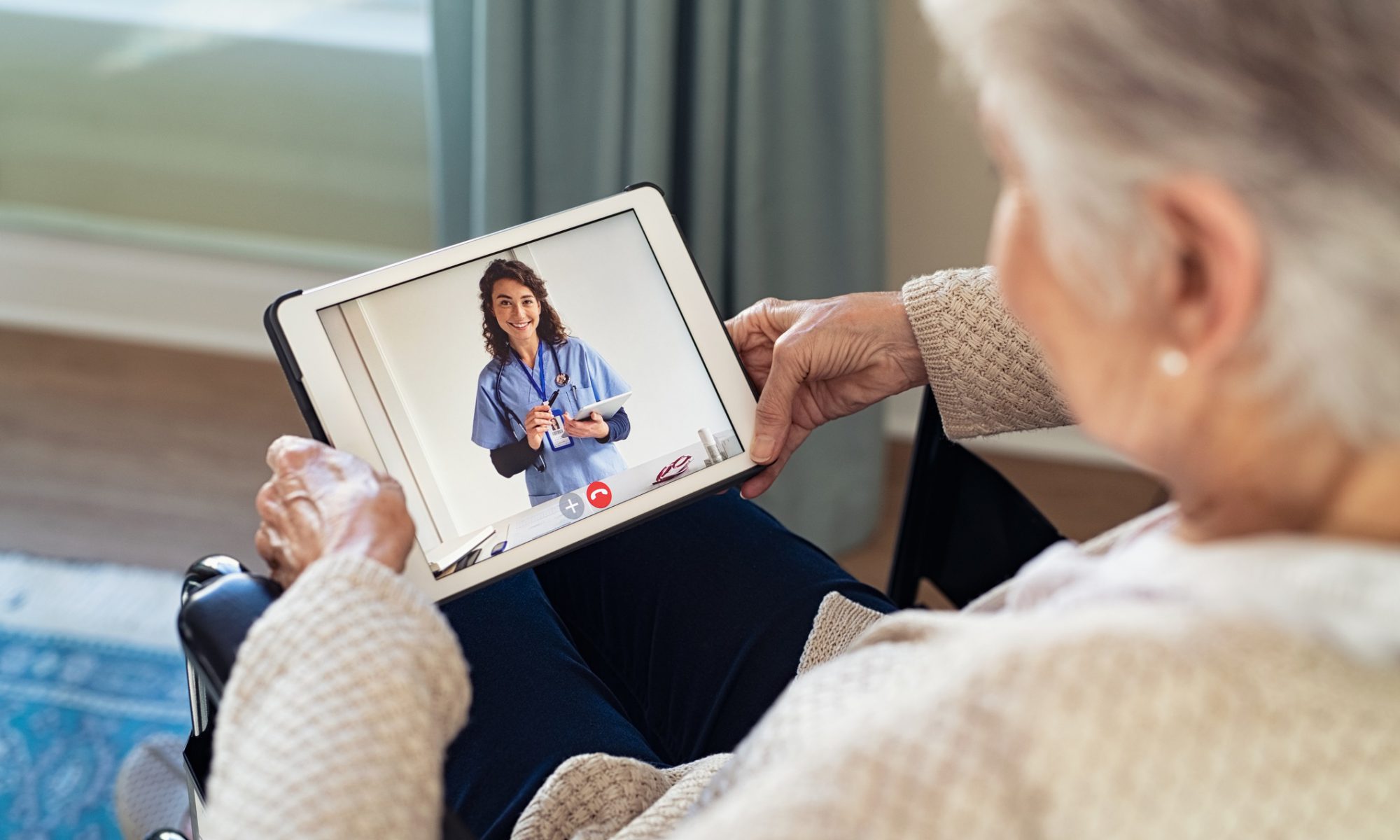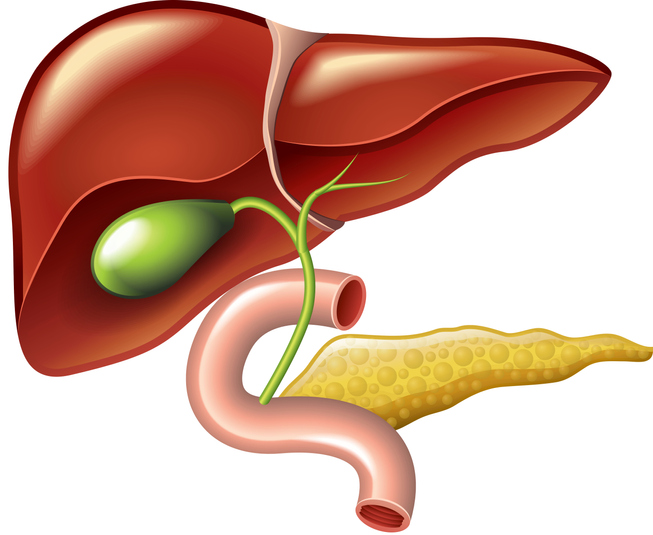Loading
“A team of scientists at the Keck School of Medicine of USC has created what could be a key building block for assembling a synthetic kidney. In a new study in Nature Communications, Zhongwei Li and his colleagues describe how they can generate rudimentary kidney structures, known as organoids, that resemble the collecting duct system that helps maintain the body’s fluid and pH balance by concentrating and transporting urine.
“Our progress in creating new types of kidney organoids provides powerful tools for not only understanding development and disease, but also finding new treatments and regenerative approaches for patients,” said Li, the study’s corresponding author and an assistant professor of medicine, and of stem cell biology and regenerative medicine.”
Learn more, here.
Loading









